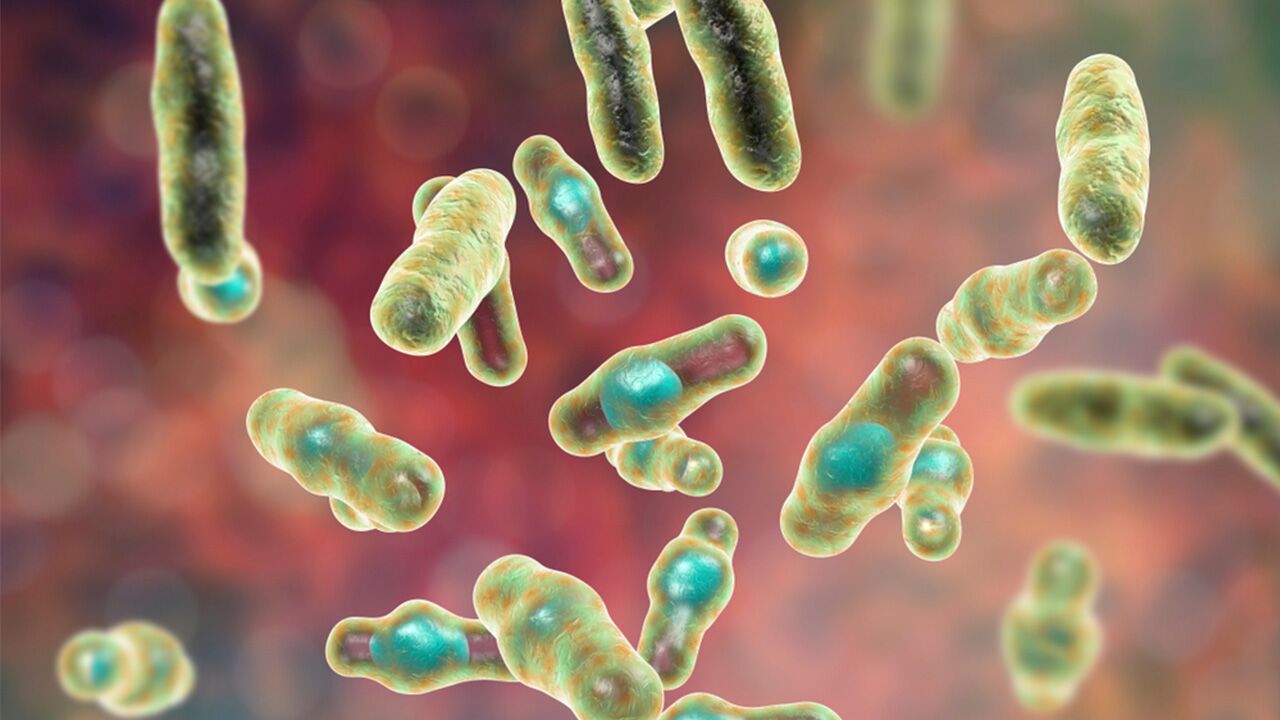Allergic to Peanuts? Learn About Peanut Allergy Symptoms and Treatment
 By: by Amino Science
By: by Amino Science

Allergic to peanuts? A common food allergy, peanut allergies are unfortunately on the rise in this country. In fact, this food allergy now impacts nearly 2.5% of all children in the United States, though about 20% go on to outgrow their allergies. And while some peanut allergy reactions are mild, involving only stomach cramps, others can lead to airway constriction, throat swelling, anaphylaxis, and even death. Because of the severity of peanut allergy symptoms, adults and children who experience even mild reactions should not hesitate to see a doctor about treatment options.
What Causes a Peanut Allergy?
The immune system is incredibly efficient at warding off foreign viruses and bacteria that would otherwise sabotage our health. But sometimes, the immune system gets confused. In the case of a peanut allergy, the immune system views peanut proteins as a threat. To keep you safe from harm, your immune system releases chemicals into your bloodstream that cause an allergic reaction to peanuts.
Peanut products such as peanut butter, peanut flour, and peanut oil can all trigger an allergic reaction due to direct contact with peanuts. But cross-contamination, such as food processed in a facility that also manufactures peanuts, can likewise instigate an allergic reaction. Even breathing in dust or aerosols that contain peanuts can cause a flare-up. While skin contact with peanuts is unlikely to cause a severe reaction such as anaphylaxis, it can escalate if you then rub your eyes or touch your nose or mouth.
What a Peanut Allergy Reaction Entails
The degree of your allergic reaction to peanuts will impact the severity of your response. For some, small amounts of peanuts can trigger a severe allergic reaction, while others will experience milder symptoms. However, it’s important to note that 90% of peanut allergy reactions happen within 20 minutes of being exposed. To that end, it’s important to seek immediate treatment if you think you may have consumed or touched peanuts or inhaled their dust.
Additionally, peanut allergies are one of the most frequent causes of food-induced anaphylaxis, which is a serious condition that can lead to loss of life. Be aware of the following anaphylaxis signs and symptoms to protect your long-term health:
- Airway narrowing
- Swelling of the throat that interferes with breathing
- Drop in blood pressure as the body goes into “shock”
- Rapid pulse rate
- Dizziness or loss of consciousness
Understanding what to expect from a peanut allergy reaction is key to protecting yourself and your loved ones.
Know Your Peanut Allergy Symptoms
Wondering if you or your child might be suffering from peanut allergies? People who are allergic to peanuts might experience the following:
- Runny nose
- Hives, skin redness, or swelling
- Itching or tingling sensation in or around the mouth and throat
- Stomach discomfort and problems, including nausea, vomiting, cramping, and diarrhea
- Shortness of breath or wheezing
Identifying peanut allergy symptoms is the first step toward protecting your long-term health and wellness.
Testing for Food Allergies
Allergy testing starts with self-reporting, and many health care providers recommend keeping a food diary to track your symptoms and reactions to foods. If your reactions are mild, an elimination diet might be the first step to a food allergy diagnosis. First, cut out any foods you suspect might be causing your body to react. Wait at least a week—some elimination diets such as the Whole30 require 30 days before allowing for the introduction of peanuts back into your diet. As you add foods back in, see which ones trigger a reaction.
Your doctor might also perform a skin test, which is a simple prick of a needle that contains a small amount of peanut or another suspected food allergen. Skin reactions signal a peanut allergy. Blood tests can also check to see if your immune system is activated by peanuts.
Peanut Allergy Treatment
Unfortunately, there’s no cure for peanut allergies. However, scientists are increasingly studying oral desensitization treatments in which children with allergies are given small amounts of the substance in question in order to build up immunity. Exposure may be particularly valuable in babies between 4 and 11 months of age. As of yet, the FDA has not approved this therapy for widespread use. For best results, check with your doctor about whether desensitization treatments may be appropriate for you or your child.
Individuals with peanut allergies should take care to avoid eating peanuts and products containing peanuts. A peanut is actually not a tree nut at all, but a legume just like soybeans, peas, and lentils. Being allergic to peanuts doesn't increase your risk of being allergic to other legumes (only 5% of children with a peanut allergy are also sensitive to legumes), but it does increase your likelihood of having a tree nut allergy by 25% to 40%.
Because these foods are common ones in American society, it’s important to carry an epinephrine auto-injector to use in case of exposure. Also known as an EpiPen or Twinject, this device involves a syringe and needle containing a single dose of medicine designed to prevent anaphylaxis.
Follow these auto-injector best practices to avoid serious complications related to your peanut allergy:
- Always keep your EpiPen on your person (for example in a purse or backpack) and store an extra one in your car.
- Remember to replace your EpiPen before it expires.
- Ask your doctor to show you how to use the pen correctly.
- When in doubt, use the pen if you think you may have come into contact with peanuts.
Parents should ensure that their children have EpiPens in their schools and during extracurricular activities.
Don't Miss Out on Peanut Protein
If you or your child has a peanut allergy, then you're missing out on a great source of protein. Be sure to eat other high-protein foods, such as meat and eggs, as well as other plant-based proteins like soy and chia seeds. You can also meet your protein needs by going straight to the source with an essential amino acid supplement, proven safe and effective for children and adults alike. Shop the essentials here.


Up to 25% off Amino
Shop NowTAGS: conditions
Join the Community
Comments (0)
Most Craveable Recipes




 833-264-6620
833-264-6620



















